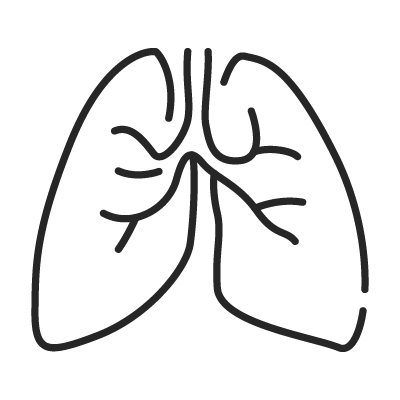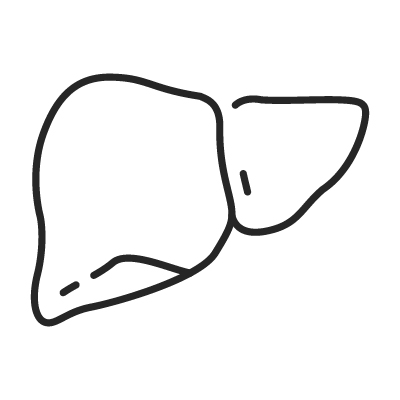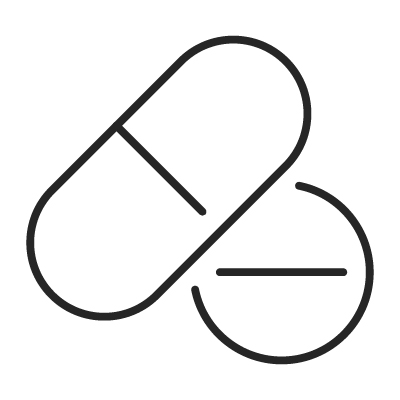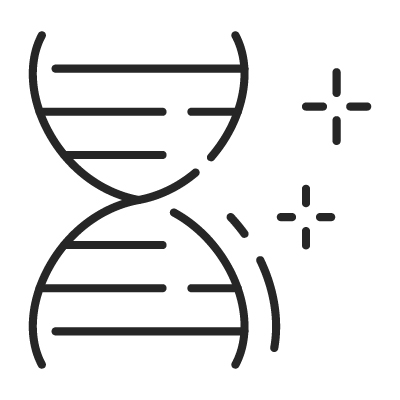Legionella Pneumophila Antigen
| Catalog No. | SLPNAGU |
|---|---|
| Specimen | Human Urine |
| Dimensions | Height: 60mm, Length: 300mm, Height: 84mm, Length: 300mm |
Product Description
INTENDED USE
The Legionella Pneumophila Antigen Rapid Test Kit is a lateral flow chromatographic immunoassay for the qualitative detection of Legionella Pneumophila in human Urine. It is suitable for the auxiliary diagnosis of Legionella Pneumophila infection.
SUMMARY
Legionnaires’ Diease, named after the outbreak in 1976 at the American Legion convention in Philadelphia, is caused by Legionella pneumophila and is characterized as an acute febrile respiratory illness ranging in severity from mild illness to fatal pneumonia. The disease occurs in both epidemic and endemic forms and sporadic cases are not easily differentiated from other respiratory infections by clinical symptoms. An estimated 25000 to 100000 cases of Legionella infection occur in the United States annually. The resulting mortality rate, ranging from 25% to 40%, can be lowered if the disease is diagnosed rapidly and appropriate antimicrobial therapy is instituted early. Known risk factors include immunosuppression, cigarette smoking, alcohol consumption and concomitant pulmonary disease. The young and the elderly are particularly susceptible. Legionella pneumophila is responsible for 80%-90% of reported cases of Legionella infection with serpgroup 1 accounting for greater than 70% of all legionellosis. Current methods for the laboratory detection of pneumonia caused by Legionella pneumophila require a respiratory specimen (e.g. expectorated sputum, bronchial washing, transtracheal aspirate, lung biopsy) or paired sera (acute and convalescent) for an accurate diagnosis.
The BESTest Legionella allows for early diagnosis of Legionella pneumophila serogroup 1 infevtion through detection of a specific soluble antigen present in the urine of patients with Legionnaires’ Disease. Legionella pneumophila serogroup 1 antigen has been detected in urine as early as three days after the onset of symptoms. The test is rapid, giving a result within 15 minutes, and utilizes a urine specimen which is convenient for collection, transport, and subsequent detection of early, as well as later, stages of disease.
PRINCIPLE
The Legionella Pneumophila Antigen Rapid Test Kit is a lateral flow chromatographic immunoassay. The test cassette consists of: 1) a burgundy colored conjugate pad containing recombinant antigen conjugated with colloid gold (monoclonal mouse anti- Legionella Pneumophila antibody conjugates) and rabbit IgG-gold conjugates, 2) a nitrocellulose membrane strip containing test band (T bands) and a control band (C band). The T band is pre-coated with monoclonal mouse anti-Legionella Pneumophila antibody for the detection of Legionella Pneumophila antigen, and the C band is pre-coated with goat anti rabbit IgG. When an adequate volume of test specimen is dispensed into the sample well of the test cassette, the specimen migrates by capillary action across the cassette. Legionella Pneumophila virus if present in the specimen will bind to the monoclonal mouse anti- Legionella Pneumophila antibody conjugates. The immunocomplex is then captured on the membrane by the pre-coated mouse anti-Legionella Pneumophila antibody, forming a burgundy colored T band, indicating a Legionella Pneumophila antigen positive test result. Absence of test band (T) suggests a negative result. The test contains an internal control (C band) which should exhibit a burgundy colored band of the immunocomplex of goat anti rabbit IgG/rabbit IgG-gold conjugate regardless of the color development on any of the test bands. Otherwise, the test result is invalid, and the specimen must be retested with another device.














